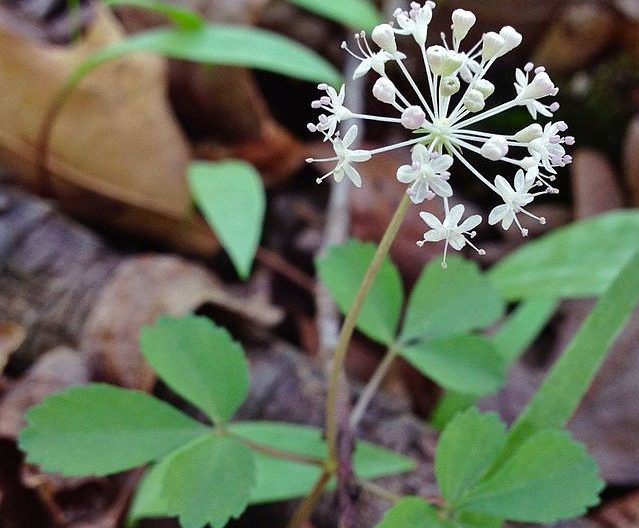The 2023-24 yearly license to sell wild ginseng in Wisconsin between September 1 and March 31 is about to end. Focus now shifts to some other of Wisconsin’s specialty crops, which will be in bloom this spring.
While the harvest of wild ginseng lasts two months between September 1 and November 1, the legal sale period extends for 6 months.
Specialty crops on the other hand have a relaxed harvest duration and an unlimited commercial period.
Some of these specialty crops include fresh flowers, maple syrup and early season asparagus.
Maple Syrup
The Wisconsin maple syrup season is something to celebrate because it marks the transition between winter and spring.
Like in Pennsylvania, whose season began February 23, the Midwest harvest began early this season due to warming weather.
People in Wisconsin started tapping sap a month earlier than usual as day temperatures hovered above 40ºF. The fluctuation in early spring temperatures speeds up the conversion of sugar into sap inside maples as an antifreeze measure.
Harvesters normally bleed the tree’s skin to collect the sap, which they then boil to make maple syrup.
Prospective maple syrup bounty hunters can continue tapping till April when the sap ceases to flow till next year.
Cut Blooms
Wisconsin also boasts some short-season cut flowers for specialty crop enthusiasts. These bloom from early spring through late summer.
Daffodils, tulips, dahlias and snapdragons are some of the season’s favorites, as all are adapted to the local climate.
Dahlia is among the more difficult to plant for it loves sunny weather and Wisconsin is plagued by long winters. However, Zone 5 in the south provides good conditions for the flower in the short duration between spring and summer.
Dahlias are consumer favorites because they are affordable at around $25 for three 10-stem bunches.
Asparagus in April
Of all Wisconsin’s specialty crops apart from ginseng, asparagus is the most rewarding in terms of perennial productivity.
Each year between April and June, farmers can expect a 60-day harvest period which recurs annually for over 40 years.
In late spring, harvesters in most zones of this state harvest the 10-inch spears as they peek out of the soil.
So, as the commercial period of wild ginseng ends in Wisconsin, traders can count on other premium crops.
